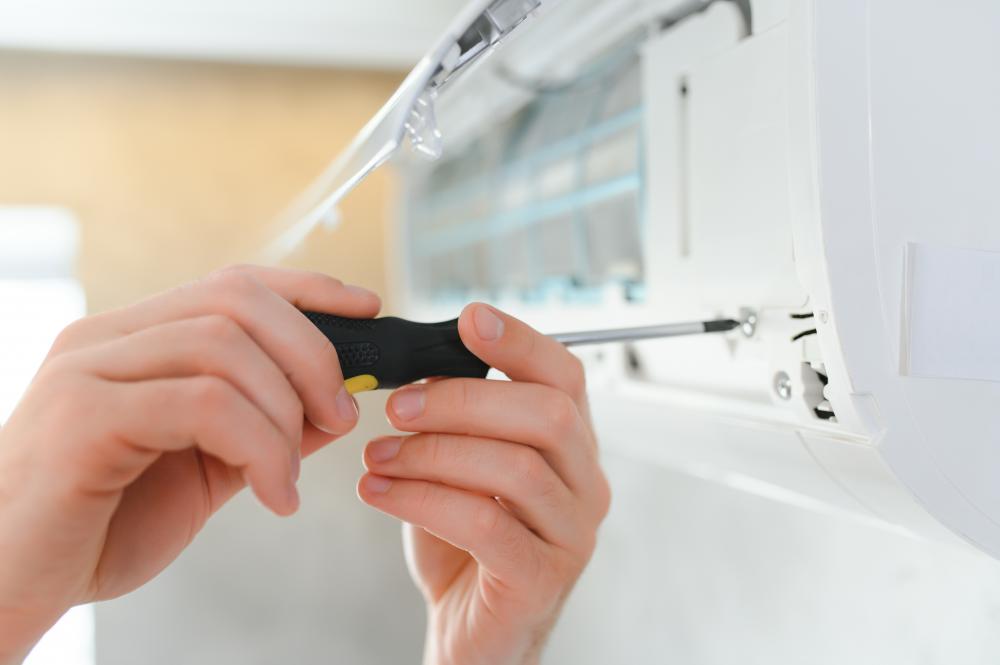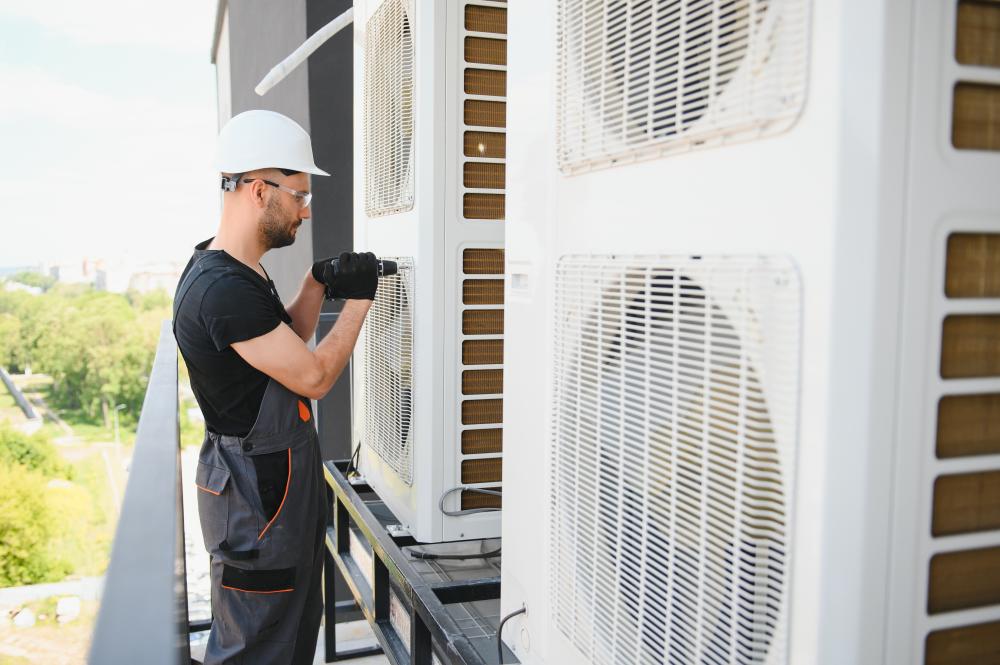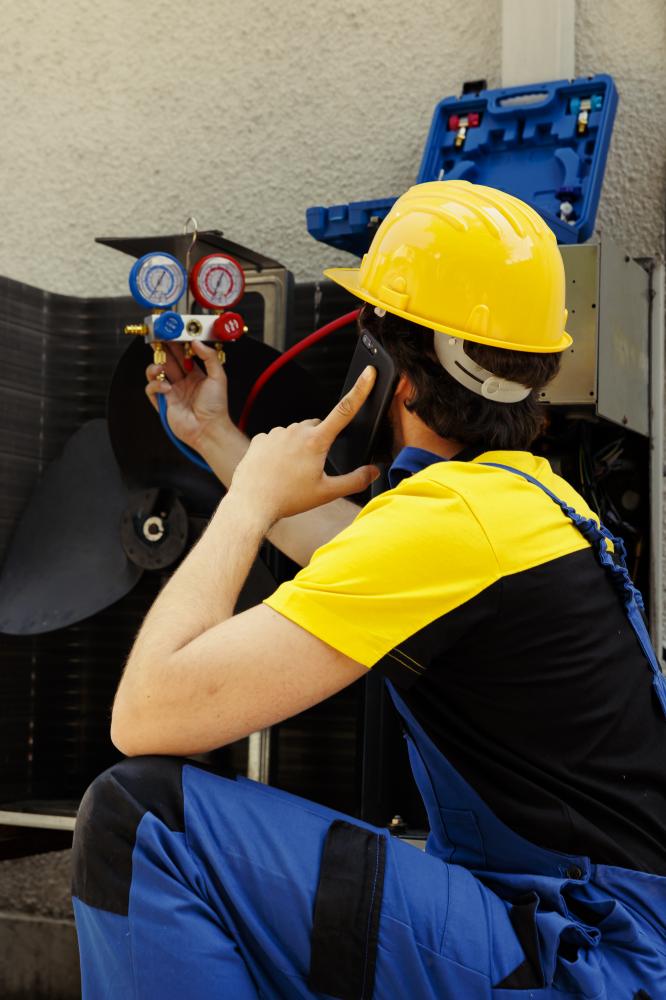Air Conditioning Repair San Jose

Reliable Air Conditioning Repair
Common Air Conditioning Woes
Regular Maintenance Is Key
- Schedule bi-annual professional inspections.
- Replace air filters every 1-2 months.
- Keep the outdoor unit clean and free from debris.
- Check for unusual noises or leaks.
- Ensure electrical connections are secure.
What Qualifies as an Air Conditioning Repair San Jose Emergency?
Choosing the Right Air Conditioning Repair Service
- Experience: A company with a proven track record often delivers superior results.
- Reviews: Customer feedback can reveal the quality of service you can expect.
- Certifications: Professionals should have relevant certifications to ensure safety and expertise.
- Estimates: Getting a detailed estimate before agreeing to repairs helps avoid surprises down the line.

Why Local HVAC Expertise in San Jose Matters
Most Common HVAC Repair Needs
- Uneven heating or cooling
- Strange noises from the unit
- Unexpected increases in utility bills
How to Choose the Right HVAC Repair Service
- Check for local licenses and certifications.
- Read customer reviews and testimonials.
- Look for companies that offer transparent pricing.
- Prioritize those with strong after-service support.
What Steps Can You Take to Optimize HVAC Performance?
How Much Should HVAC Repair in San Jose Cost?
What Qualifies as an HVAC Emergency?

How much should an air conditioning service cost?
The cost of air conditioning services in San Jose can vary significantly depending on the nature and complexity of the work. For a basic service, which includes a general inspection and cleaning, you might expect to pay between $75 to $150. If repairs are needed, this will increase the cost. For instance, replacing a minor part like a capacitor might range from $150 to $300, whereas more extensive repairs such as a compressor replacement could climb up to $1,200 or more. It's always best to get a detailed quote before proceeding with any service. A trusted local HVAC provider will offer transparency in pricing, ensuring you understand what you're paying for and why. Regular maintenance can help you avoid unexpected costs by catching issues early.
What is the most common AC repair?
The most frequent repair for air conditioning systems, especially during peak summer months, involves addressing refrigerant leaks. Leaks can severely affect the cooling performance and efficiency of your unit, forcing it to work harder than necessary and shortening its lifespan. Another common issue is electrical component failures, such as problems with the compressor or fan. To minimize these issues, I always recommend regular maintenance checks, which can preemptively identify potential problems. Not only do these checks enhance your system's efficiency, but they also extend its lifespan, saving you money in the long run. If you suspect a problem, it's better to have it checked sooner rather than later.
How to fix AC in house not cooling?
If your AC isn't cooling effectively, there are a few steps you can take before calling in a professional. First, check the thermostat to ensure it is set to the correct temperature and mode. Next, examine the air filters; dirty filters are a common cause of reduced cooling efficiency. If they're clogged, replace them to improve airflow. Also, inspect the outdoor unit to ensure it's free from debris that could obstruct airflow. If the problem persists, it might be due to low refrigerant levels or an issue with the compressor, in which case professional help is needed. Regular maintenance can often prevent these problems from occurring, so consider scheduling periodic checks with a trusted HVAC technician.
Is it worth repairing an AC unit?
Deciding whether to repair or replace an AC unit often depends on the age and condition of the system. If it's relatively new and the repair cost is less than 50% of the replacement cost, repairing might be the economical choice. However, for older units, especially those over 10-15 years old, replacement might be more cost-effective. Newer models offer improved energy efficiency and can significantly reduce your energy bills. In the end, it often comes down to a balance of cost, comfort, and convenience. A trusted HVAC professional can give you a detailed analysis and help you make the best decision for your specific situation. Always weigh the long-term benefits against the immediate expense.
What should I consider when looking for HVAC repair near me in San Jose?
When searching for HVAC repair services in San Jose, prioritizing local expertise can be beneficial. Look for providers with comprehensive knowledge of the local climate as this can impact your HVAC performance throughout the year. Check customer reviews and testimonials to gauge service quality and customer satisfaction. Ensure the service provider has the necessary licenses and certifications, which reflect their professionalism and adherence to safety standards. Transparent pricing and strong after-service support are also essential. Asking for detailed estimates and warranties can help you make an informed decision. Remember, a good HVAC service provider offers not just repairs, but also advice on maintenance and energy efficiency upgrades.
What should I look for in air conditioning repair near me in San Jose?
When selecting an air conditioning repair service locally, consider the company's experience and reputation. A well-established provider likely has a proven track record of quality and reliability. Reading online reviews can provide insight into their customer service and effectiveness. Certification from recognized HVAC bodies suggests a high level of expertise and safety compliance. Additionally, inquire about their emergency service availability as AC issues can arise unexpectedly, requiring prompt attention. Lastly, evaluate their customer support, as ongoing communication can make a significant difference during and after repairs. A knowledgeable and approachable service team will keep you informed and ensure your system operates optimally.
Resources
- Environmental Protection Agency (EPA) - The EPA's website provides valuable information on energy efficiency and indoor air quality, essential for maintaining HVAC systems.
- U.S. Department of Energy - The Department of Energy offers resources on energy-saving practices and guidelines for optimizing HVAC performance.
- ENERGY STAR - ENERGY STAR provides information on energy-efficient products and practices, including HVAC systems, to help homeowners reduce energy costs.
- National Association of Home Builders (NAHB) - The NAHB website offers insights into home construction and maintenance, including HVAC system care and repair.
- Better Business Bureau (BBB) - The BBB provides ratings and reviews of HVAC repair services, helping homeowners choose reputable and reliable contractors.



